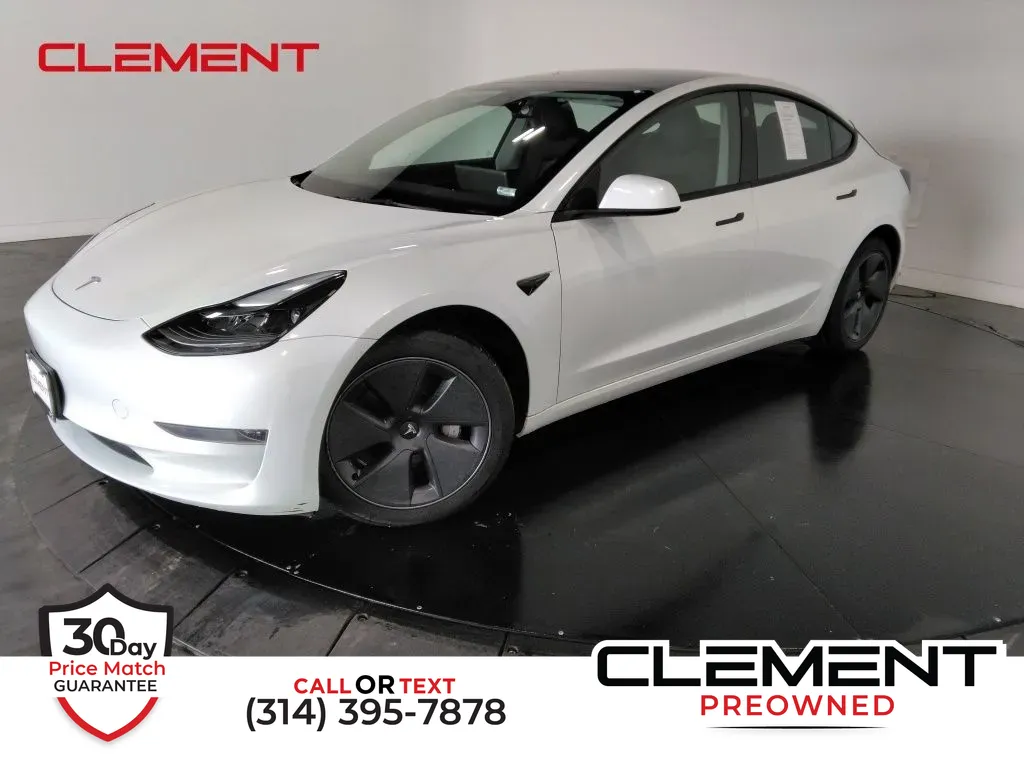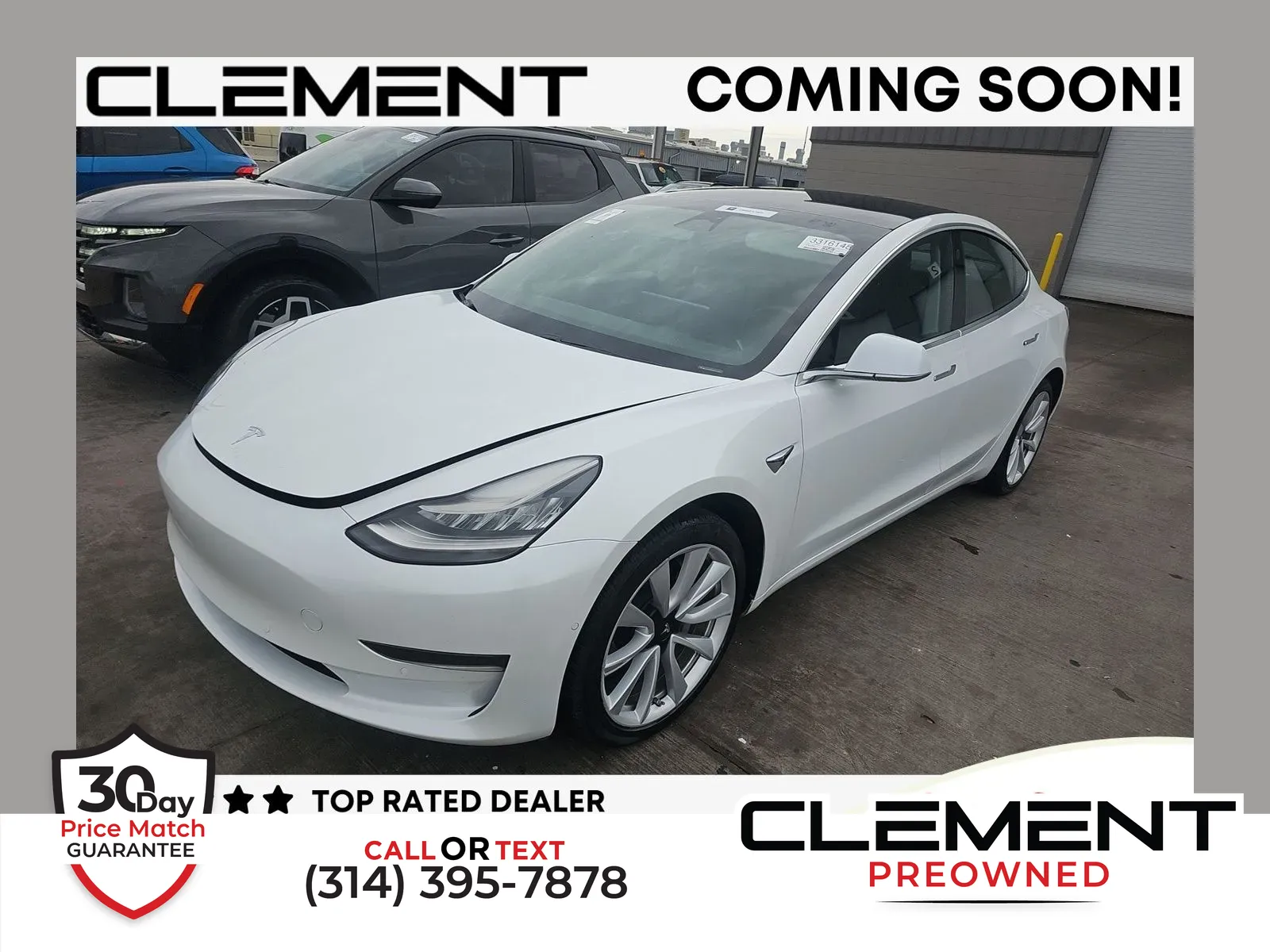China's electric Titan Surpassing Tesla
Decoding the Rise of BYD
BYD, the Chinese electric car manufacturer supported by US investment billionaire Warren Buffett, has emerged as the world's leading electric carmaker, surpassing Elon Musk's Tesla for the second consecutive year in production. In 2023, BYD, which stands for Build Your Dreams, manufactured 3.02 million new energy vehicles, while Tesla, the American multinational, reported the production of 1.84 million cars on Tuesday.

Photo by Michael Förtsch, from Unsplash
This significant transformation marks a remarkable journey for BYD, which faced ridicule just six years ago at an auto show, presenting a car with uneven paint and ill-fitted doors. Today, in 2024, BYD stands tall, outpacing Tesla in global sales of fully electric cars. This article delves into BYD's streamlined success, drawing comparisons with Tesla and examining its prospects in the US market.
Unveiling the Powerhouse: China Electric Vehicles
Founded in 1995 as a battery maker, BYD company with its Chairman, Wang Chuanfu, harbored dreams of entering the automotive market. In 2008, Warren Buffett, a famous American businessman, largely invested in the company, acquiring nearly 10% share. He injected not just capital of mere $230 million but global credibility. Initially facing challenges and building a reputation for subpar cars, BYD's trajectory transformed through strategic decisions and managed to create China electric vehicles, surpassing Tesla.
Comparison Table: Tesla vs. BYD
BYD's recent surge is marked by two consecutive years of million-car growth in sales, a feat unseen in the industry for decades. The company's stronghold in China, contributing to over 80% of its sales, positions it as a major player in the EV landscape.
BYD's ability to reinvent itself played a pivotal role. In 2016, BYD hired Wolfgang Egger, an accomplished Audi designer, who played a key role in the complete redesign of BYD's models. The introduction of Blade batteries in 2020, replacing conventional chemicals with cheaper iron and phosphate, closed the range gap with competitors at a fraction of the cost.
BYD Seal vs. Tesla Model 3

Now, let's compare two models from BYD and Tesla: the Tesla Model 3 and BYD Seal. Both models share refined materials, a sleek design, panoramic roof, central touchscreen, LED technology, five seats, and rear-wheel drive. Despite a clean and minimalist look common to both, the BYD Seal offers a larger size compared to the Tesla Model 3.
Comparative specifications:
EV cars gained great popularity in recent years due to their environmental friendliness, cost savings on fuel, government incentives, and advancements in technology that have extended their range and improved charging infrastructure. For those considering the switch to electric or hybrid vehicles, it's worth exploring the article on cars with great mileage to understand the impressive ranges offered by various EV and hybrid models.
Navigating Global Markets
BYD has not yet initiated car sales in the United States due to existing tariffs. So, Tesla continues to maintain its position as the frontrunner in electric vehicles (EVs) within the USA.
However, BYD's global ambitions are evident as it establishes assembly lines in Brazil, Hungary, Thailand, Uzbekistan, and plans for Indonesia and Mexico. Its export focus on electric cars has prompted the creation of the world's largest car carrier ships, symbolized by the BYD Explorer No. 1, currently en route to the Netherlands with 5,000 electric cars. In 2023 BYD outpaced all global automakers in electric vehicle (EV) sales, exceeding even Tesla Motors.
Success brings scrutiny, with European Union investigations into Chinese government subsidies following BYD's rapid gains in the region. Elon Musk's warning about the strength of Chinese electric car exports reflects the growing competition. BYD's annual reports reveal substantial government assistance, sparking debates about a level playing field.
China's overcapacity in car manufacturing has triggered a price war, particularly between BYD and Tesla. BYD's focus on low manufacturing costs, coupled with its Chairman's foresight, positions it favorably amid economic uncertainties in China's real estate and stock markets.
Looking Ahead
BYD's trajectory exemplifies the growing influence of Chinese carmakers in the electric vehicle revolution. Emphasizing affordability, innovation, and strategic global expansion, BYD is positioned to potentially surpass the Volkswagen Group in China. As the electric vehicle landscape evolves, BYD's journey not only reshapes industry norms and expectations but also presents promising prospects for entering the US market. While BYD Americas' CEO, Stella Li, previously indicated no immediate plans to sell passenger EVs in the US, evolving dynamics suggest potential shifts in the future.
To circumvent substantial tariffs, BYD is exploring entry into the U.S. car market through Mexico, establishing a new export hub just south of the U.S. border. As a formidable competitor to Tesla, BYD aims to navigate trade challenges and bolster its presence in the American automotive landscape.
Clement Pre-Owned: Extensive Selection of EVs and Quality Used Cars
Although budget-friendly new Chinese EVs are still in the distant future for the US, you can explore now our vast inventory of affordable used EVs and other cars at Clement Pre-Owned. We provide trade-in options and various financing solutions. Come and experience the future of driving electric auto today!




